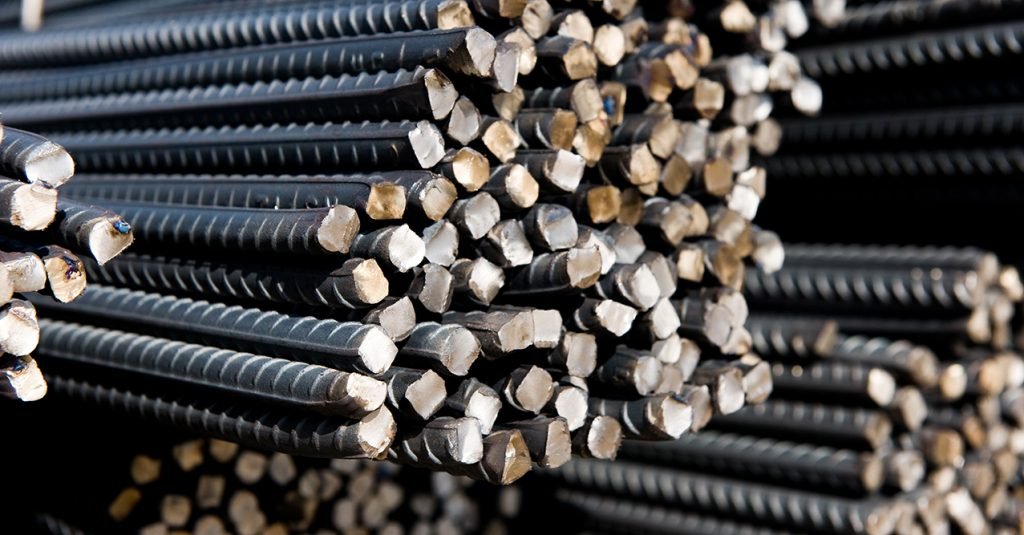By Njeri Wagacha
Sometime in August, the Competition Authority came down heavy on steel manufacturers engaging in anti-competitive behaviour and restrictive trade practices, in what is the toughest action yet against such offences.
Competition Authority of Kenya (CAK), previously seen more as a barking dog, appears to be sparing nothing to bite businesses that run afoul of competition regulations and guidelines.
The punishment was as shocking as it was deserved. Nine steel manufacturers being fined Sh338 million cumulatively could not have gone unnoticed in an economy where a good number of businesses thrive on breaching the law, frustrating competition, and
dodging authorities.
That the CAK found some nine companies – mainly leading steel manufacturers – guilty of anti-competitive behaviour, including price fixing and output restriction, is testament to the fact that vices are widespread in various sectors of the economy. That is why this deterrent action on offenders through steep penalties should be sustained across the sectors to ensure maximum compliance.
Besides, CAK should empower its investigative officers to bring more culprits to book. It is interesting that CAK started investigations into the steel companies’ operations way back in August 2020.
The findings revealed how their practices led to overly inflated steel product costs. There was collusion between players to manipulate market dynamics, which is against free market principles. Steel companies, for instance, collectively limited the import of certain steel components, leading to artificial scarcity and increased prices.
Steel is a key construction material globally, used in reinforcing bars, beams and columns, windows, and doors, among others. The anti-competitive behaviours raised the cost of construction, a critical development pillar in our economy.
These actions fall within the definition of output restriction as outlined in the guidelines. Genuine players found themselves in an uneven market while consumers paid a high price for commodities, which goes against CAK guidelines.
These penalties may look steep, but they are imposed by the CAK in line with Section 21 of the Competition Act, which addresses restrictive trade practices. Such practices include price fixing, market division, collusive tendering, and output restriction, all of which are prohibited unless exempted by the CAK. Price fixing and output restriction are considered “hardcore restrictions” under the CAK’s Guidelines.
If the 2021 penalty of Sh66 million on four paint manufacturers for cartel-like practices including price fixing those exposed consumers to high charges was not enough wakeup call, the action against steel companies should get businesses thinking twice before tinkering with market dynamics.
Companies should be keen to observe the law as penalties can be destabilizing. CAK can impose financial penalties of up to 10% of the previous year’s gross annual turnover on implicated undertakings. Additionally, companies penalized by the CAK are required to cease engaging in anti-competitive activities and establish robust competition compliance programs.
For a company that previously found an easy way through such practices, swinging back to normal operations can be an uphill task that could lead to loss of jobs or even closures.
While the Act allows the CAK to enter into settlement agreements with violators, businesses are better off complying with laid-down competition and trade rules.
To comply with the Act, businesses should regularly conduct legal audits to identify restrictive practices and seek exemptions when entering into new agreements. Proactive compliance strategies are the way to go to prevent inadvertently engaging in anti-competitive practices – and paying the high price when caught. Legal advisors are available to provide guidance on compliance strategies and ensure businesses align with the Act.
For its part, CAK should ensure thorough investigations to avoid its findings being challenged as it cleans the market of rogue operators. This way, consumers will be guaranteed goods and services that are competitively priced and not faced with artificially determined
prices.
Writer is a partner in the Competition Law practice at CDH Kenya.


